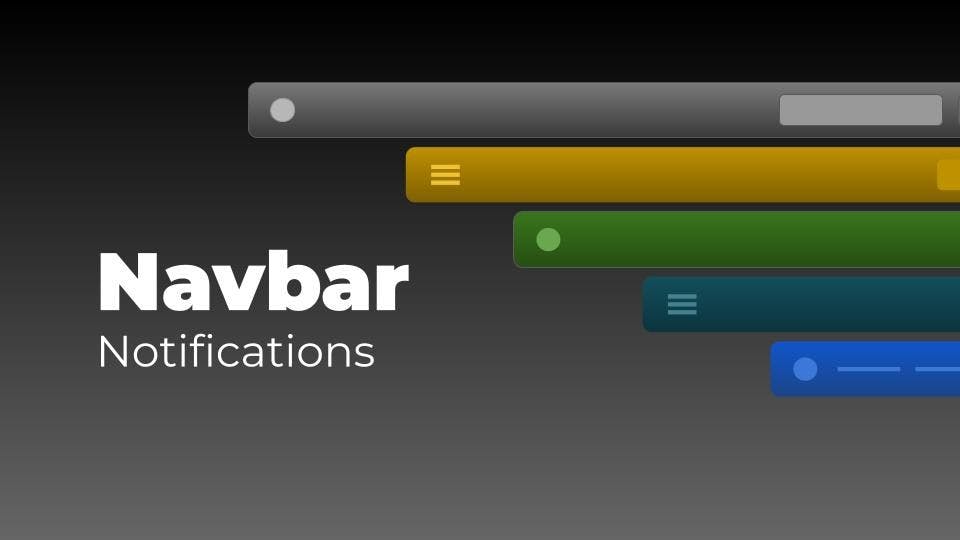5,437 reads
How to Add Notifications to your React Navigation bar
by
November 28th, 2022
Audio Presented by

Chief Developer of Superflows.dev, write development & experiences, past CEO of a software consulting firm for 10 years
About Author
Chief Developer of Superflows.dev, write development & experiences, past CEO of a software consulting firm for 10 years
